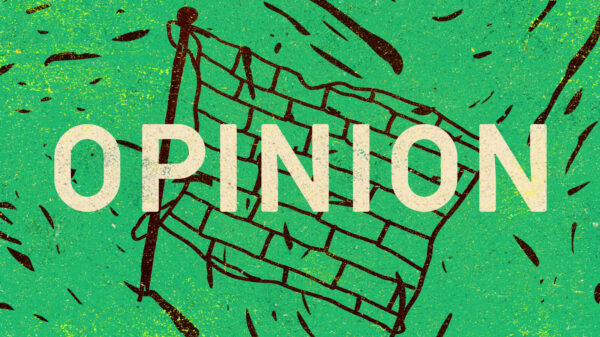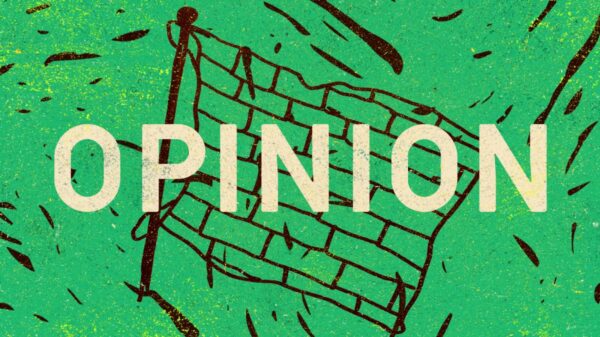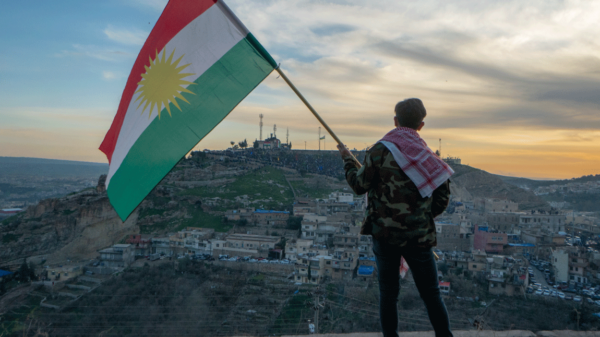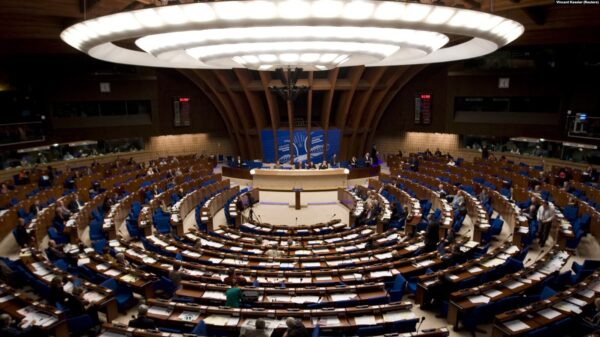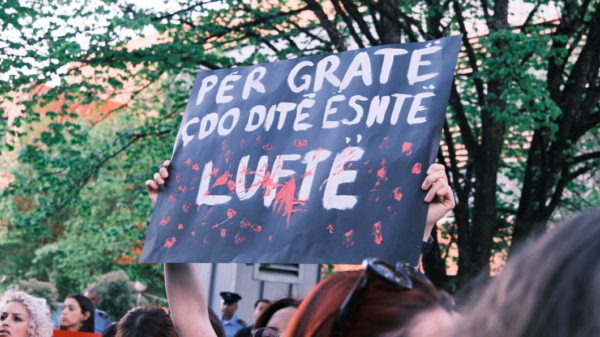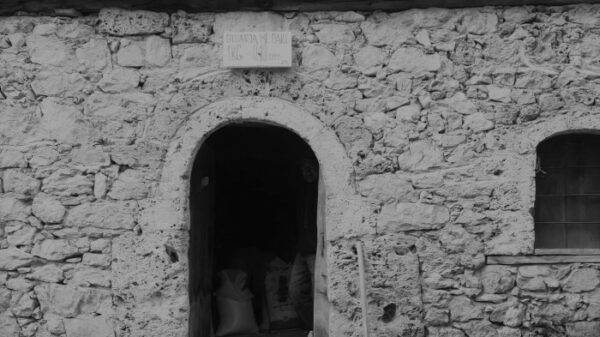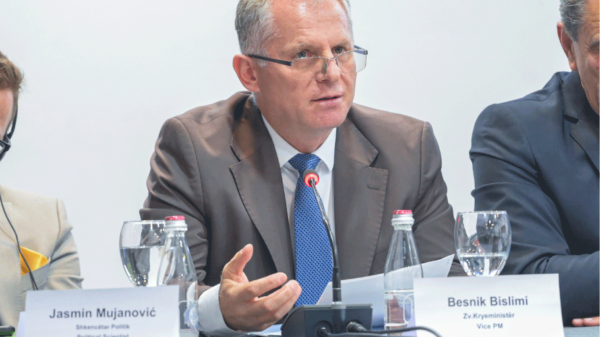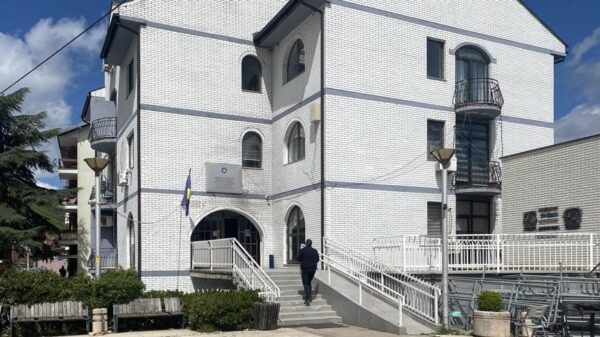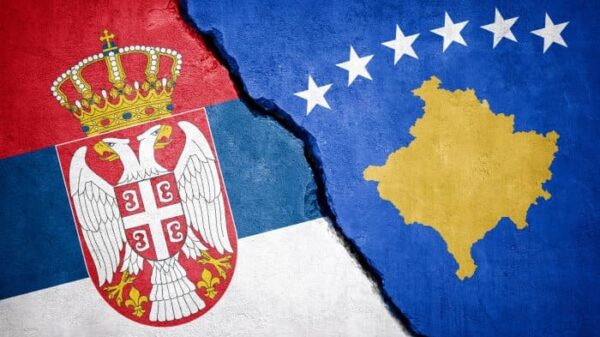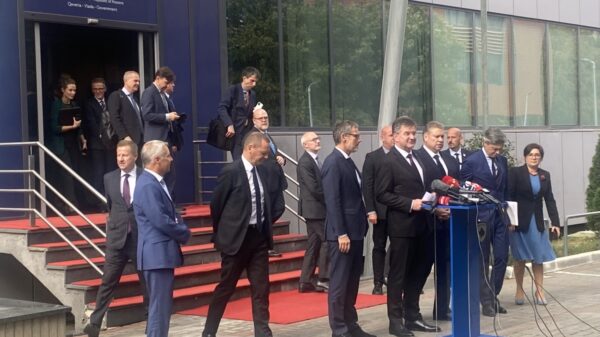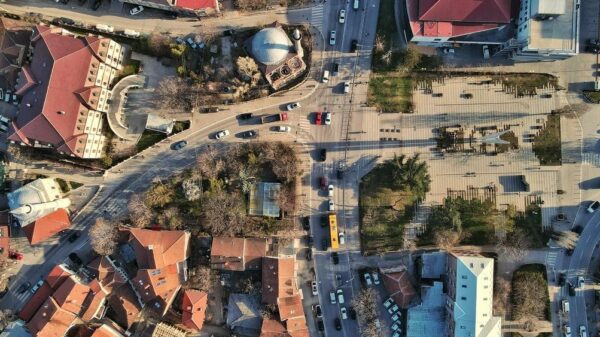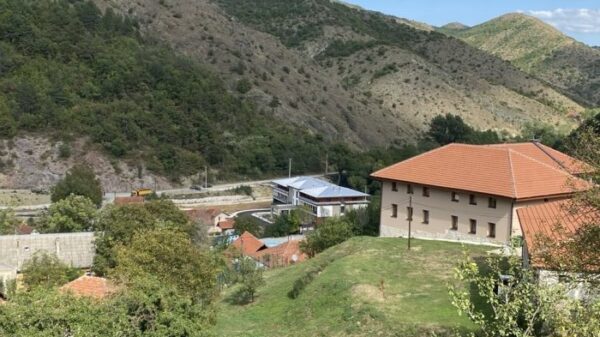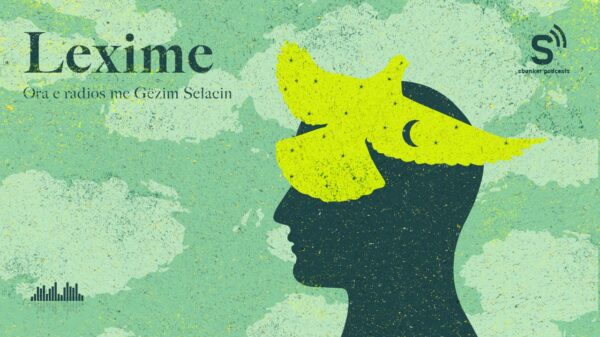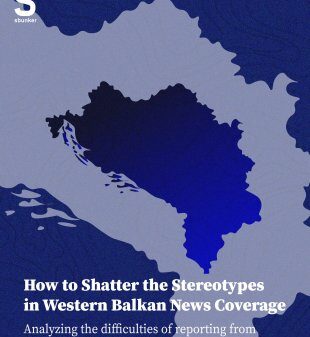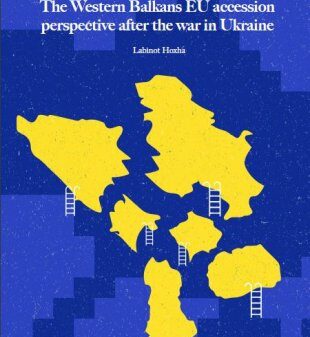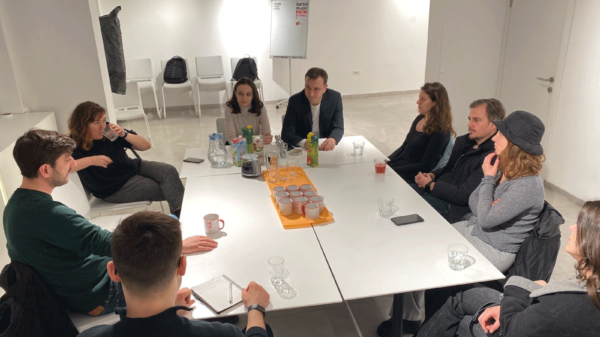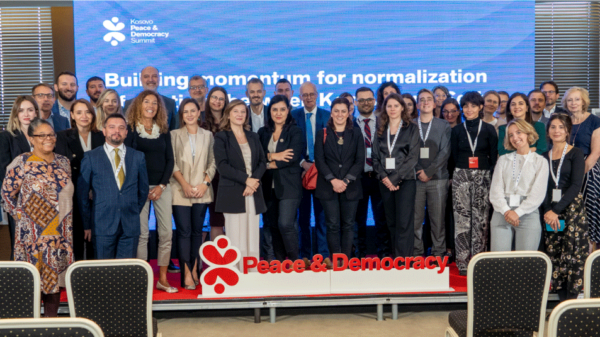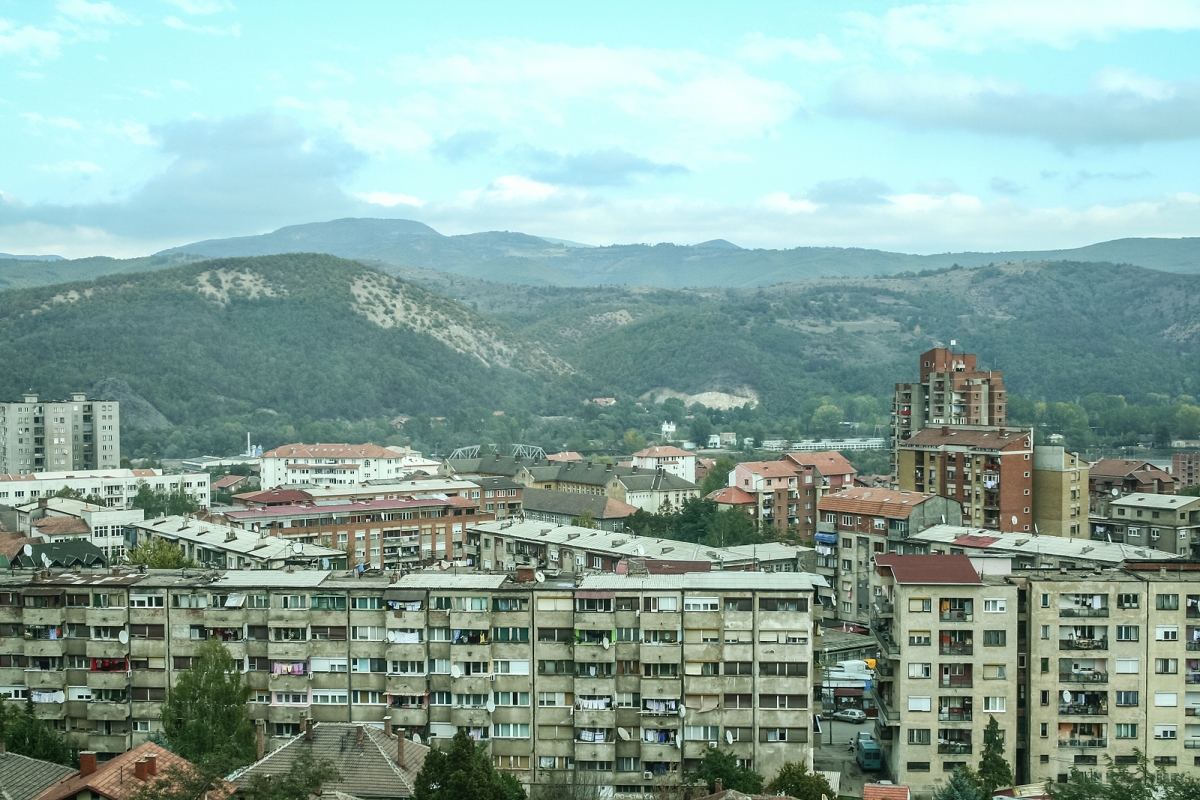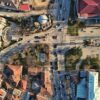The Serb community is the second-largest ethnic group living in Kosovo and the biggest non-majority community with special power-sharing mechanisms enshrined in the Kosovo Constitution. However, precise and official data regarding their number of population in Kosovo continue to remain unavailable.
After the 1999 war, Serbs boycotted every census organized in Kosovo, resulting in a lack of precise population figures. Estimates from the Minority Rights Group in 2011, suggested that there were around 150.000 ethnic Serbs living in Kosovo, comprising around 7.8% of the total population.
According to another estimation by the International Crisis Group in 2023, the overall Serb population dipped below 100.000. While different sources cannot agree on exact numbers, there is a consensus on the negative trend observed over the years.
These numbers reflect a steady decline of Serbs living in Kosovo over the past decade. There are several important factors that influence Kosovo Serbs to migrate, which brings into question the future of the Serb community in Kosovo.
Economic reasons
Kosovo’s underdeveloped economy pushes many people from different ethnic backgrounds to flee Kosovo. According to the Organisation for Economic Co-operation and Development (OECD), Kosovo has one of the highest emigration rates in the region with 22% of its citizens living in OECD countries. The emigration of citizens from Kosovo to Europe has tripled between 2011 and 2019. With the visa liberalization by the EU, it can be expected that this negative trend will continue.
Similarly, Serbs are leaving Kosovo due to the lack of job opportunities and limited prosperity. According to a UNDP opinion poll, poverty and unemployment are identified as major challenges across Kosovo, affecting all communities. This trend is particularly pronounced among Serb communities living in enclaves in central and south Kosovo where economic hardship is more prevalent.
A survey conducted by NGO Aktiv which targets both Serbs in the north and other parts of Kosovo revealed that Serbs living in the north are slightly more discontent with the overall economic situation than those living south of the Ibar River. This is an important finding, bearing in mind that the economic situation for those living in the north was better in terms of employment compared with Serbs living in enclaves in other parts of Kosovo. This disparity is expected to contribute to migratory pressure on Kosovo Serbs in the future.
One of the primary reasons for the relatively better economic situation in the north was the presence of Serbian-funded institutions such as schools, hospitals, universities, and public enterprises. These institutions contribute to higher employment rates, better salaries and subsequently, improved living standards. However, with the recent regulation of the Central Bank of Kosovo to ban the use of the Serbian dinar currency, there is a risk that salaries and other social payments from Serbia will cease, potentially leading to the discontinuation of the operation of these institutions. This scenario would have profoundly adverse consequences on the Serb community and could further fuel increased migration.
Security and safety challenges
Security remains a paramount concern of the Serb community in Kosovo. For instance, during 2023 alone, there were 179 ethnically motivated attacks in Kosovo, recording a significant increase over the years, according to the Serbian Office for Kosovo and Metohija. The wounding of two Serbian boys on Christmas Day by a member of the Kosovo Security Force highlights strained ethnic relations. On top of that, there are multiple cases of attacks on Serb returnees and their property that rarely get resolved.
The latest public opinion polls confirm that the security situation for the Serb community is alarming. According to NGO Aktiv’s poll, 83% of respondents in the north assess the security situation as “very bad”, while 69% of them say that they personally or members of their family have been directly endangered.
Similar findings can be observed in the UNDP’s Public Pulse research which reveals that only 38% of Serbs in Kosovo feel safe outside. The data from the same research shows a 43.2% gap when comparing levels of safety between Kosovo Serbs and Kosovo Albanians which is a huge discrepancy.
Lastly, the presence of organized criminal groups operating in the north represents another security challenge. These groups employ different tactics to achieve their goals, such as death threats, beatings, bomb-planting, and car burning, contributing to an atmosphere of fear and insecurity. While some of their activities may be politically motivated, the pervasive presence of organized crime serves as a strong motive for people to migrate.
Hostile Kosovo Government policies
Besides economic hardship and general insecurity, the stance of the Kosovo government towards the Serb community serves as a significant factor driving them to leave Kosovo. Although Prime Minister Albin Kurti is trying to showcase himself in public as close to Serbs by speaking Serbian, in practice, his government’s actions have been consistently hostile towards the community.
Kurti’s refusal to implement the Brussels Agreement (2013), particularly regarding the establishment of the Association/Community of Serb-Majority Municipalities (ASM), is a key point of contention. This refusal not only denies Kosovo Serbs a degree of autonomy, which was accepted by the Kosovo government and ratified by the Kosovo parliament but also subjects them to open institutional pressure.
This institutional pressure on Serbs has manifested in various actions over the past few years. The ban on the import of all goods from Serbia has detrimental effects on the Serb community, halting financing of the Development Fund for Municipalities in the North of Kosovo.
Additionally, the regular deployment of special police units in the north, sporadic arrests of Serbs without warrants, coupled with construction of police bases on properties illegally expropriated from local Serbs have contributed to a very hostile environment.
Furthermore, the decision to ban the Serbian dinar is viewed by the local population and also by Kosovo’s allies as an attempt to exert pressure on the Serb population and dismantle Serbian-run institutions such as schools and hospitals. All this without fulfilling the responsibility to implement the ASM.
According to the Brussels Agreement, these institutions should be transferred under the authority of the ASM. However, Kurti’s refusal to establish the ASM has further complicated the situation. On top of that, the Kurti Government frequently blames Serbs and targets civil society, exacerbating the already tense atmosphere.
These are just some of the main factors that contribute to the rapid decline of the Serb population in Kosovo. If this trend continues, the Kosovo Serbs will lose their political significance and this could push Serbia to adopt a more entrenched position towards Kosovo, impeding the regional and European integration of both Serbia and Kosovo.





